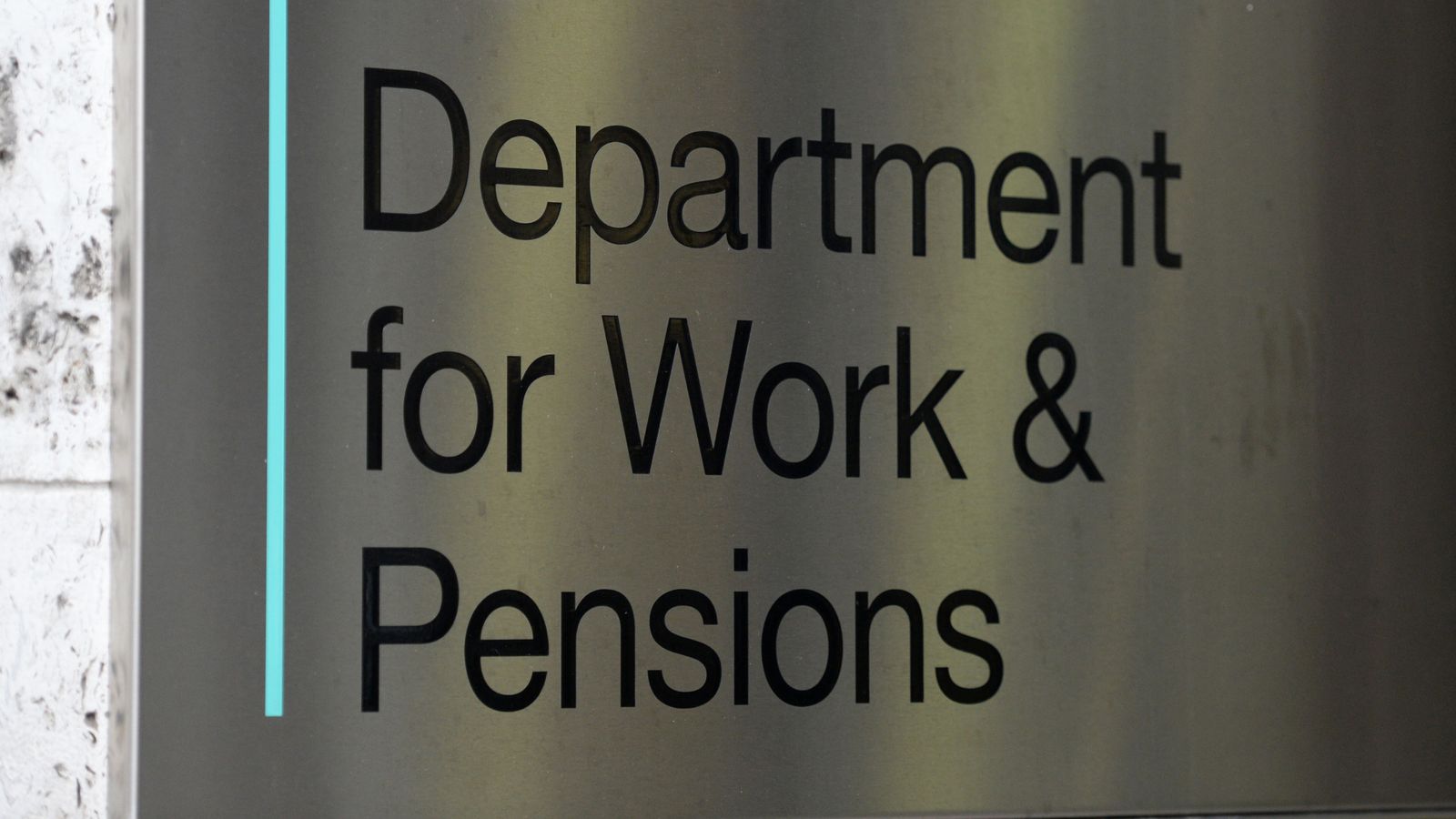Ministers have drafted in a Wall Street banking behemoth to advise on the future of Channel 4 amid a growing battle over the public service broadcaster’s prospective privatisation.
Sky News has learnt that Oliver Dowden, the culture secretary, has approved the appointment of JP Morgan to provide corporate finance advice on Channel 4’s remit, ownership and obligations.
Sources said that the decision to hire JP Morgan could be confirmed by the Department for Digital, Culture, Media and Sport (DCMS) as soon as Wednesday.
The investment bank’s appointment does not formally signal the start of a sale process for the 39-year-old broadcaster, but nevertheless underlines the government’s plan to examine options for it.
Opposition to its privatisation has become increasingly vocal both from within Channel 4 and the independent television production sector in recent months.
A report by Ampere Analysis, an industry consultant, and cited by The Guardian on Tuesday suggested that as many as 60 ‘indies’ could be forced to close if Channel 4’s commissioning budget is slashed under a new owner.
The news of JP Morgan’s mandate for the government comes as Mr Dowden is expected to address the debate about Channel 4 in a speech to the Royal Television Society Convention in Cambridge.
A ten-week public consultation on the broadcaster’s future closes on Tuesday, and a formal decision about a sale would depend on whether taxpayers would receive value-for-money and other factors, industry sources have suggested.
“The media world has changed immeasurably since Channel 4’s creation in the early 1980s, but whilst we have more choice today the need for a strong and successful Channel 4 continues,” Mr Dowden said at the beginning of the consultation process in June.
“So in the face of rising global competition, now is the right time to strengthen UK public service broadcasters and consider releasing Channel 4 from the constraints of public ownership, enabling it to thrive for the next 40 years and beyond.”
Channel 4 is owned by the state but largely funded from advertising revenues.
Its chief executive, Alex Mahon, recently argued that its ability to invest outside London, having just opened a national headquarters in Leeds, would be threatened by privatisation.
Channel 4 has sought to argue that its public service broadcasting remit would also be undermined by the profit motive of a new owner, with the likes of Discovery, the US broadcaster, touted as a potential buyer.
Last weekend, Channel 4 struck a deal with Amazon’s Prime service to show Emma Raducanu’s stunning victory in the US Open Final, drawing more than 9m viewers.
Ian Katz, the terrestrial broadcaster’s chief content officer, said: “Moments like this are what Channel 4 was made for – it’s a perfect example of the kind of nimble, uncommercial, but profoundly valuable public service broadcasting that a purpose-driven Channel 4 can deliver.”
Channel 4’s defence against the looming prospect of privatisation has been made more complicated by the state of flux in its boardroom.
Charles Gurassa, its chairman, is due to step down at the end of the year, when his term expires, while several non-executive directors have yet to be replaced.
Mr Gurassa recently launched an outspoken attack on the potential sale of the channel, saying that it “leaves us as a board deeply concerned given our statutory responsibility to deliver Channel 4’s remit”.
“Indeed, we have serious concerns that the consequences will be very harmful, both to the UK’s creative economy and to the choice and breadth of distinctive British-made content available to UK audiences,” Mr Gurassa wrote in a letter to Mr Dowden.
He accused ministers of “sleepwalking into the irreversible and risky sale of an important, successful, and much-loved, British institution.”
While Ofcom is responsible for conducting the search for board members of Channel 4 under the 1990 Broadcasting Act, appointable candidates have to be signed off by Mr Dowden.
A Channel 4 spokesman said it had always been anticipated that there would be a search process for a new chairman this year owing to the expiry of Mr Gurassa’s tenure in January.
The imminent vacancy nevertheless presents the government with the opportunity to appoint an individual who is more politically aligned to it – as has been the case with other chairmanships overseen by Mr Dowden’s department during the last year.
Richard Sharp, a former Goldman Sachs banker and close ally of Boris Johnson, was named as the new BBC chairman, while George Osborne, the former chancellor, recently landed the chairmanship of the British Museum, a prestigious cultural job.
The DCMS declined to comment on JP Morgan’s appointment.




